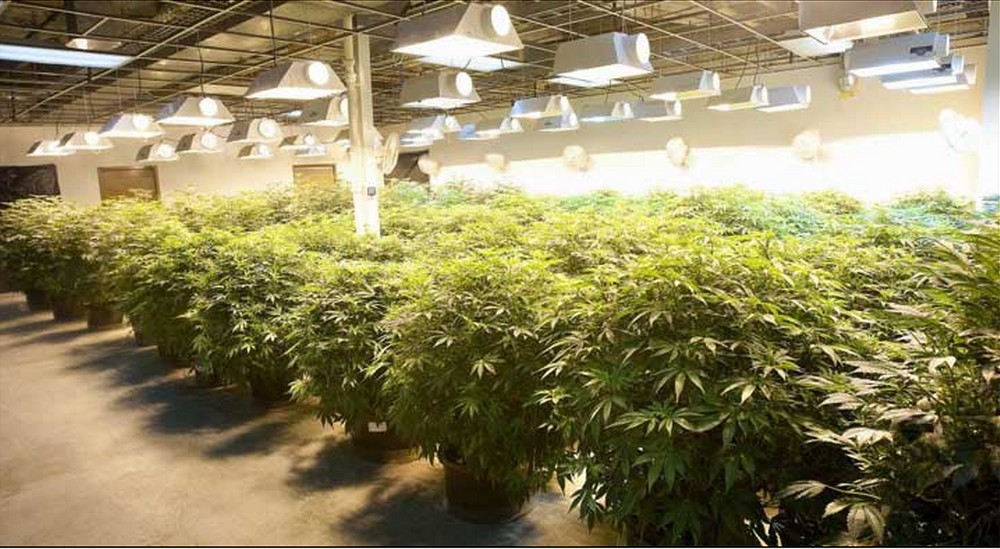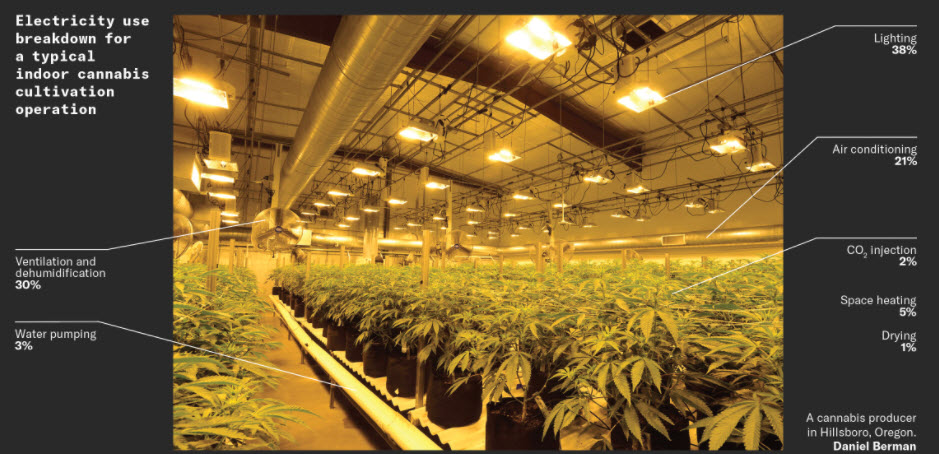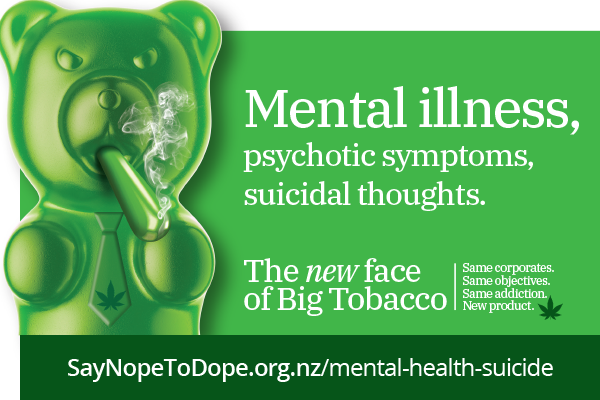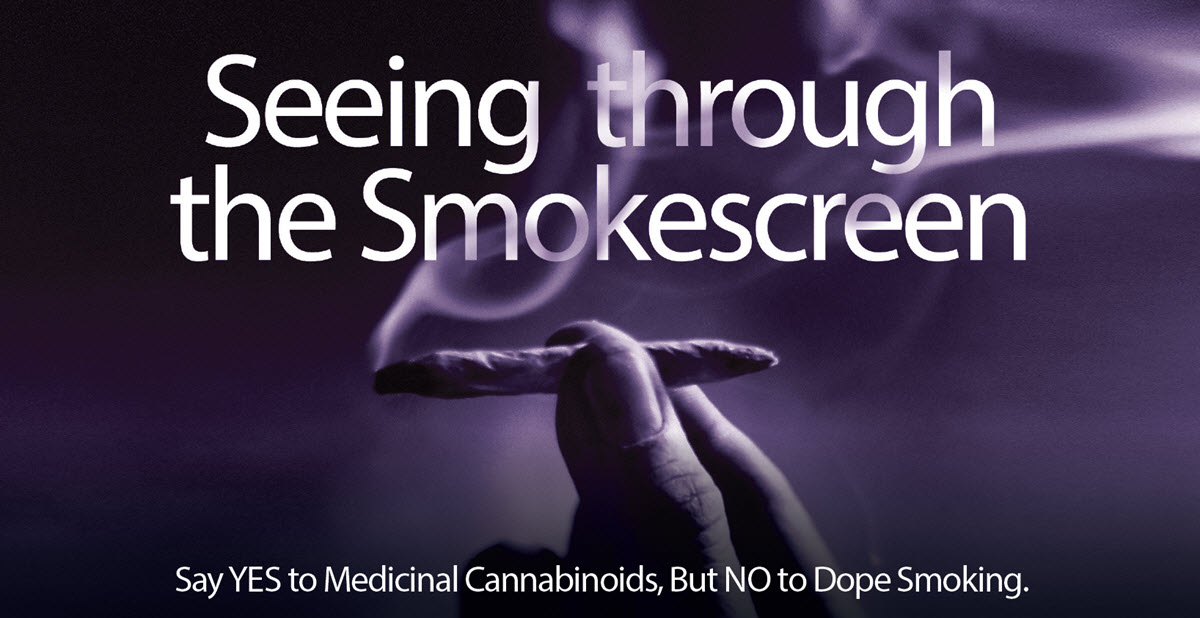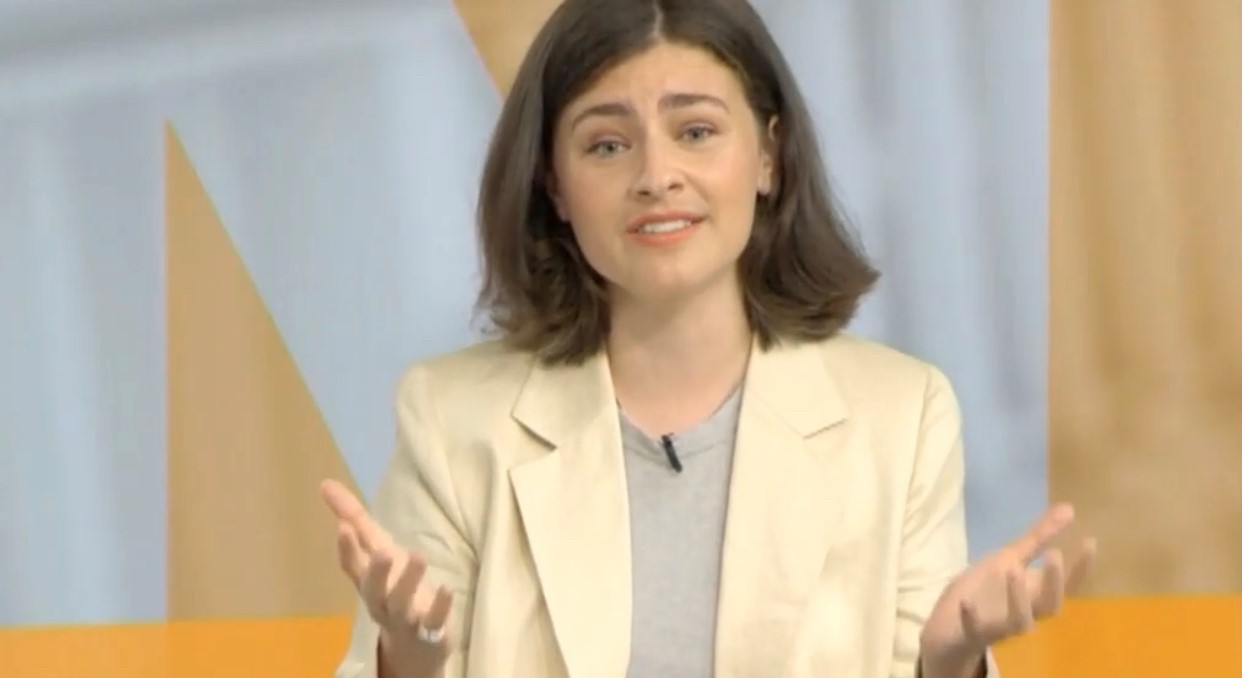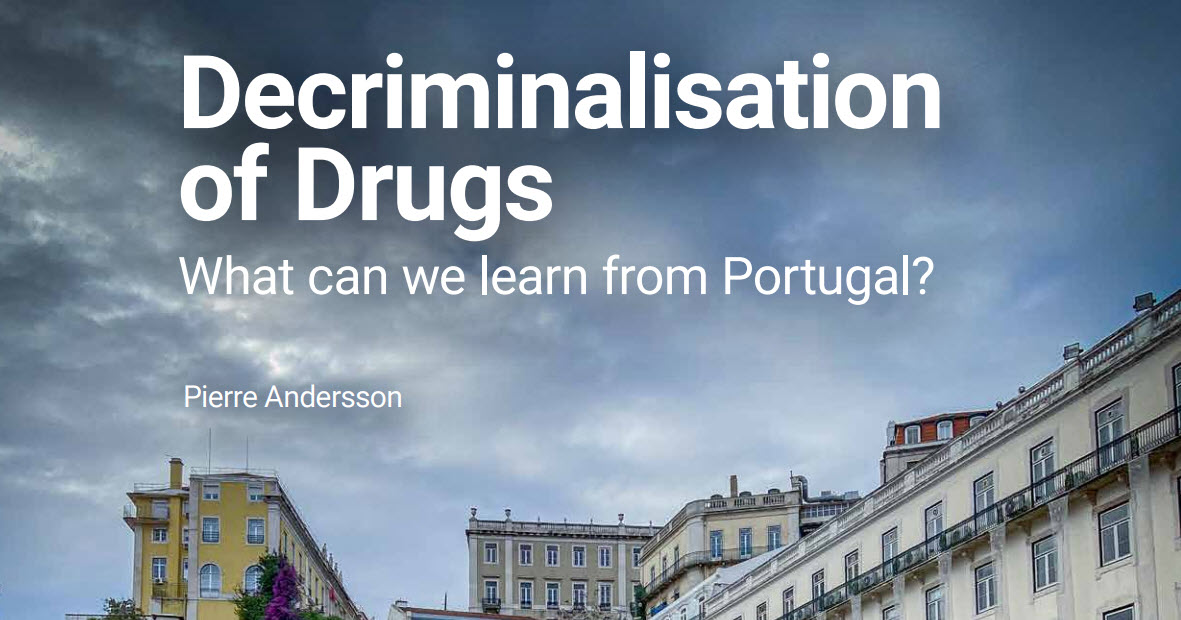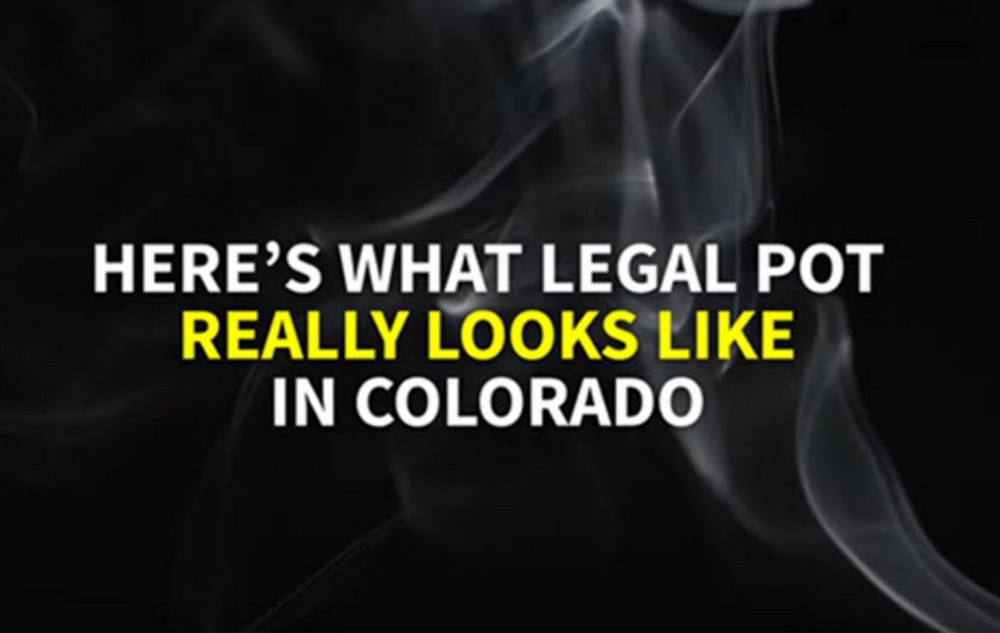
The Denver Post 28 April 2021
Lafonna Pacheco hardly recognized her daughter, Roxanne Delte, by the time she turned 17.
“It wasn’t just a teenager thing,” Pacheco said. “It was beyond that. She was paranoid, she was oppositional. Something mentally was going on and it was scary because I couldn’t put my finger on it.”
After five stints in rehab, Delte is able to say clearly what was going on: She was consuming too much high-potency cannabis — flower, yes, but also concentrated wax and other products, too — and that was ruining her life. She recalls regularly puking, and how uncomfortably high she would get from the wax in particular.
“I lost glimpses of time,” said Delte, who has not used cannabis for a year. “It completely changed my mental state and my routine.”
“Her friends thought she was smoking something else,” added Pacheco, who lives in Colorado Springs. “She wasn’t on crack, not on meth. The way these marijuana products affected her in her mind and her actions was complete psychosis.”
Such extreme cases are showing up more among Colorado youth, parents and school health professionals say. And people like Pacheco are increasingly pleading with lawmakers to cut off teens’ easy access to cannabis products, as well as asking for more regulation of products like edibles, wax and shatter that contain THC levels that can be dangerous for developing brains.
Their champion in the Colorado Legislature is Rep. Yadira Caraveo, a pediatrician who has for months been negotiating legislation to limit THC potency. She’s unlikely to succeed in installing any THC caps this year, but said she’s “pretty certain” she’ll introduce a bill with other provisions to more strictly regulate cannabis sales for medical and recreational buyers, with a focus on limiting youth access.
Growing evidence shows high-potency THC products are more likely to bring on or worsen mental health issues in young people. The state’s own reporting says so, and a broader study of 204,000 people ages 10-24 released in January in the Journal of the American Medical Association’s pediatrics publication found elevated risk of self-harm among young people who misused cannabis.
“We found SUBSTANTIAL evidence that THC intoxication can cause acute psychotic symptoms, which are worse with higher doses,” the 2020 report from Colorado’s health department said.
But the overall body of research on this topic is limited, and the state’s report also recommended further studies on THC’s effects on kids.
READ MORE: https://www.denverpost.com/2021/04/28/cannabis-marijuana-thc-potency-colorado-legislature/


